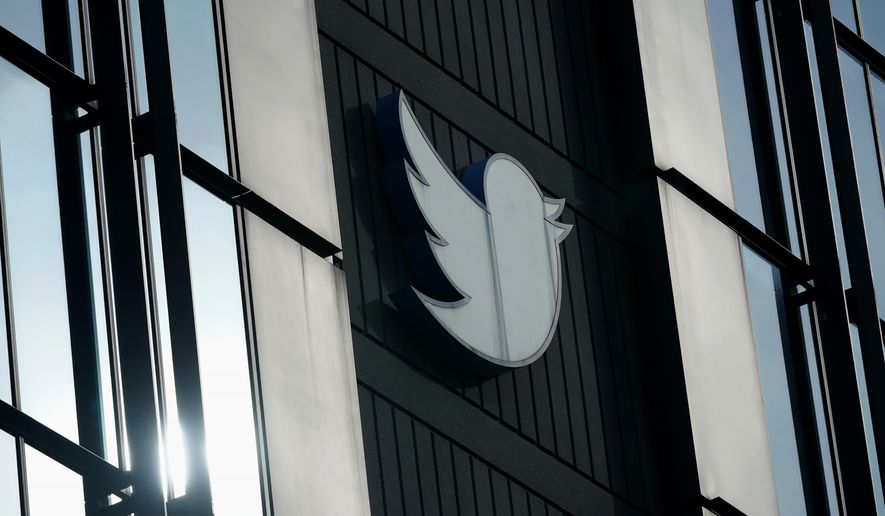The European Union’s high representative for foreign affairs and security policy criticized Twitter CEO Elon Musk’s decision to end free access to Twitter API, warning it will hurt efforts to curb disinformation.
In a speech Tuesday, Josep Borrell singled out Twitter and called on the company to do more to combat disinformation related to the Russia-Ukraine war.
“We have seen artificial networks being created to spread (Kremlin) disinformation. They have been flooding the information space in order to avoid that any other voice can be heard anymore,” he said. “We have seen attempts to confuse and mislead people with an ever-changing narrative and versions of the event. The aim is to make [it so] nobody believes anything, any report, anymore.”
Mr. Borrell expressed his disappointment in how Twitter is dealing with disinformation, especially since Twitter was an original signatory of the 2018 EU Code of Practice on Online Disinformation.
The code is not legally binding and has done little to curb sophisticated disinformation campaigns the past four years in Europe and beyond. However, prominent Russian state media have been banned on Twitter since March.
In response to public backlash against the announcement last week that Twitter API, public Twitter data that was used to create thousands of helpful bots and apps, would no longer be free, Mr. Musk walked back his decision.
“I guess we could give all Verified users access to the API for posts like this,” he tweeted. “Responding to feedback, Twitter will enable a light, write-only API for bots providing good content that is free.”
Mr. Musk has yet to identify what “good content” would mean exactly since he announced the change Friday. The change also wouldn’t address the concerns of cybersecurity advocates like Mr. Borrell, worried about researchers having access to Twitter data.
• Vaughn Cockayne can be reached at vcockayne@washingtontimes.com.




Please read our comment policy before commenting.